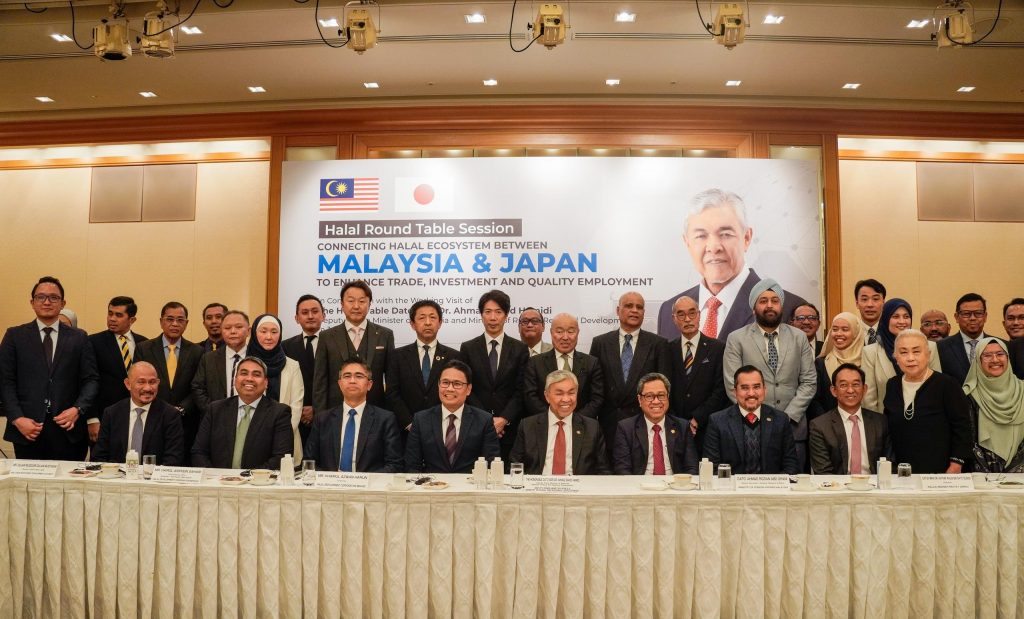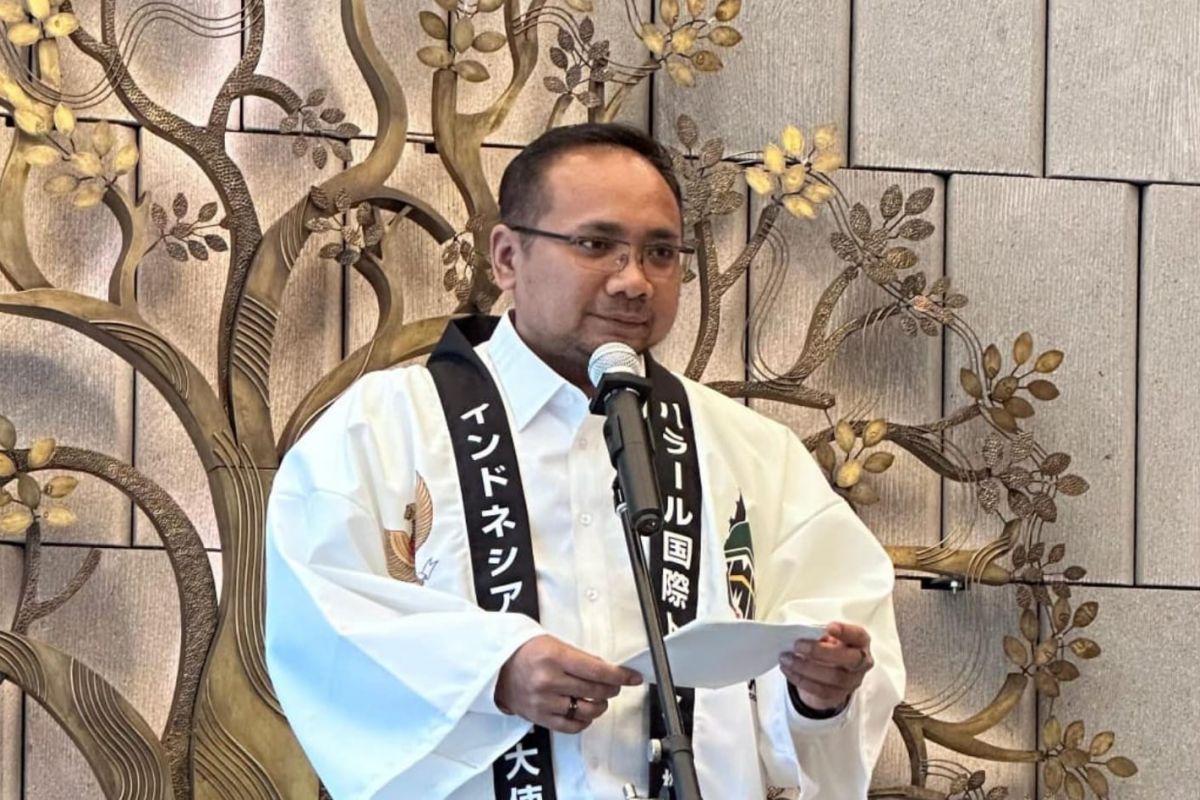by Arno Maierbrugger for Inside Investor

Shinto-dominated Japan has discovered the halal market and wants to tap the global trade of halal food and products through the Japan Halal Association, which just recently became a recognised halal certifying body under the Department of Islamic Development Malaysia.
“The Japanese have discovered halal as a business and are very interested to build up trade relations with halal producers,” Prof. Winai Dahlan, founding director of the Halal Science Center at Bangkok’s Chulalongkorn University, told Inside Investor.
“For example, we have seen that when the Japanese order poultry from Thailand they only want it halal as they feel it is more healthy and clean. A lot of halal restaurants are opening in Tokyo and other cities and it seems to be the new trend food,” he added.
Japan, religiously dominated by Shintoists and Buddhists, counts about 120,000 Muslims who have difficulty finding halal food at home. The halal concept so far has been little known to the society, and there is still a big lack of knowledge about the religion itself. However, in the past few years the Muslim population in Japan has been increasing, as well as the number of Muslim expatriates, thus the demand for halal food has increased in parallel.
In December 2012, the Japan Halal Association has approved a Nagano-based miso paste company which became the world’s first halal miso paste provider. Miso is one of the most common ingredients of traditional Japanese cuisine, for example for miso soup or other traditional recipes.
“This halal certification enables Japanese cuisine to be welcomed in Muslim countries and encourages other Japanese producers to explore their possibilities in the halal industry,” Hind Hitomi Remon, chairman of Japan Halal Association, said.
He added that the number of restaurants offering halal dishes has increased rapidly over past 10 years, with currently about 200 restaurants across the nation offering halal meals.
Japanese Muslim students were also offered halal food in the campuses of seven universities so far, according to the National Federation of University Cooperative Associations.
With the increase in Muslim tourists to Japan, especially from Indonesia, a halal-certified travel agency, Miyako International Tourist Co. Ltd, has been set up recently, also in Osaka. Miyako is the only travel agent in Japan offering inbound halal tourism for business, leisure and medical tourists, its owner, Mosa Hideshi Matsui, a Japanese Muslim, said.
Islam began in Japan in 1920s through the immigration of a few hundreds of Turkish Muslims from Russia following the Russian revolution. In 1930, Muslims number reached about 1,000 of different origins. Another wave of migrants who boosted the Muslim population reached its peek in 1980s, along with migrant workers from Iran, Pakistan and Bangladesh.
Osaka today has one of the largest Muslim communities in Japan. The town features a number of mosques and an Islamic Cultural Center.
However, the have been voices demanding a stop to halal activities in Japan from Islam-critic Japanese groups who fear that Islamic centers, halal restaurants and Muslim tourism would undermine Japanese culture.



